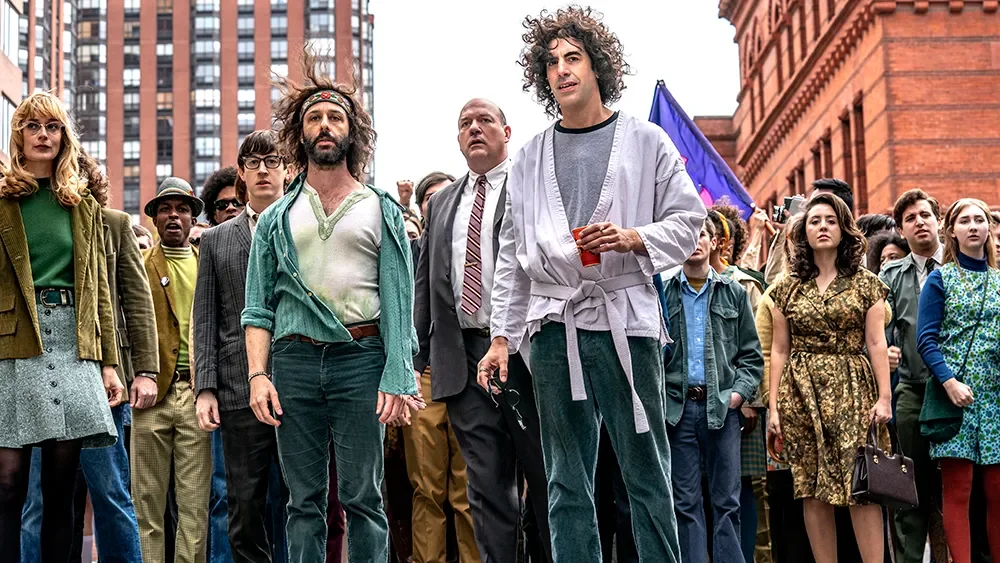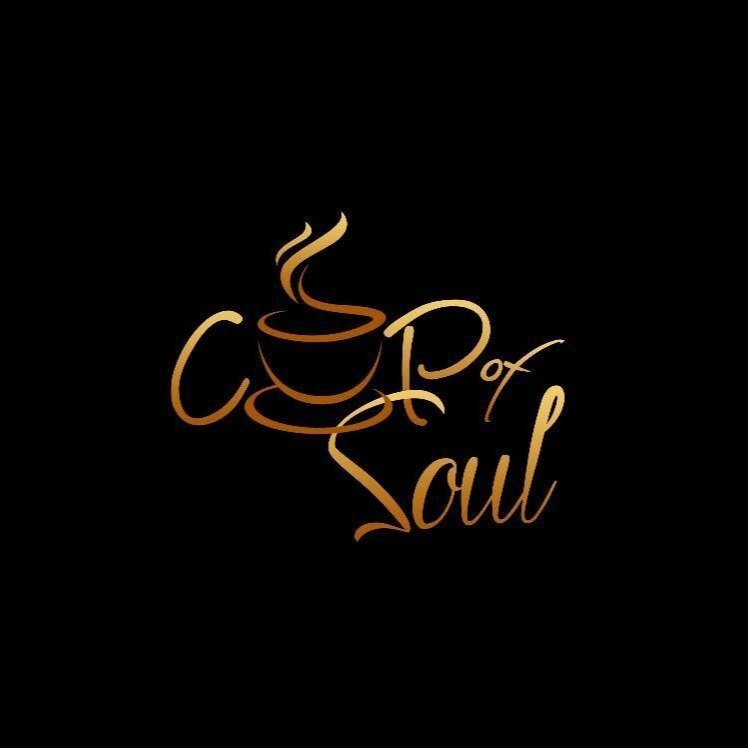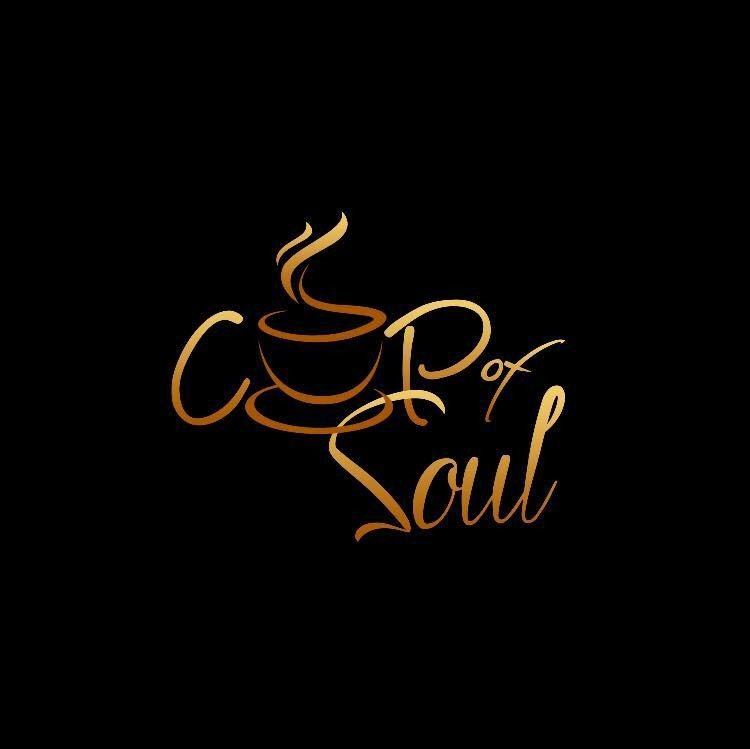
The Trial of the Chicago 7: When justice was put on trial
by Kathia Woods
The Trial of The Chicago 7 takes place in 1969; however, the film's events feel very 2020. The backdrop is a country at war, young people fighting against the establishment, and Black people fighting racism and police brutality. In the thick of things are Abbie Hoffman, Tom Hayden, Bobby Seale, Lee Weiner, David Dellinger, Jerry Rubin, Ronnie Davis, and John Froines. The charges of conspiracy and inciting riot is what bound them.
Bringing it to the big screen for a new generation is writer/director Aaron Sorkin. In this two-hour retelling, he takes the viewer inside the courtroom and all the shenanigans to follow. It seems a perfect marriage to have Sorkin partner with Netflix to bring such a tumultuous event into the comfort of the public's living room. This film was completed prior to 2020, but its subject matters hit home, especially amongst the backdrop of The Black Lives Matter Movement.
The all-star cast brings the story to life and puts Sorkin's verbiage to good use. While not everyone's cup of tea, Sorkin fills the two hours with heavy dialogue and tight camera angles. The cast consists of some of the brightest young actors working today to dependable veterans. Many who will find themselves in Awards contention come years end; however, for all its talent and tight script, the film at times feels like it is trying to cram a semester of history into two hours.
The Trial of The Chicago 7, while visually pleasing, never draws in the everyday viewer. If you are not a history student, this film will come across as fictional, not based on real-life events. There is a gap in the introduction of who the major players are. For example, does this generation know that Tom Hayden, played by Eddie Redmayne, is the same Tom Hayden, who was married to Jane Fonda and a California State Senator? Do they understand that Abbie Hoffman wasn't just some burnout Hippie portrayed brilliantly by Sacha Baron Cohen, but a real activist who used the countercultural revolution to protest the war? Most importantly, does the audience fully understand the abuse of power Mayor Daily and his administration exercised, causing the riots. While highlighted in the film, all these events don't fully translate, helping people who weren't taught about this trial to understand that these young men could have lost their whole future for merely protesting.
The standout performance comes via Yahya Abdul-Mateen II as Bobby Seale. He has the least screen time but reminds the audience that once again, the rules are different when you're a black man in America. Cohen also demonstrates that he is a very capable actor.
Michael Keaton gives a memorable performance as former Attorney General Ramsey Clark.
The film's issues are that although it's two hours long and the performances are remarkable, it never fully connects. It's as if the writer and director are struggling to be on the same page. Oddly enough, in this case, the writer and the director are the same person. Giving room to the thought that perhaps this movie would have been served better by having someone else direct it. I also felt that Sorkin was trying to squeeze in the protests, the trial, and each revolutionary's background. Making the film, at times, feel rushed. This moment in history is essential. I asked myself if this would have served better as a limited series? Giving the audience the capacity to understand that while the defendants had different entry points, they all were protesting the same thing, the killing of their fellow citizens in a senseless war. It took almost the entire film for that sentiment to be vocalized.
The Trial of the Chicago 7 is not a bad film, but it's not great. The fantastic performances could not weld the movie to be more cohesive. This was an important time in our country; however, in the end, it feels more like a bookmark in time than the revolution that changed American politics.

